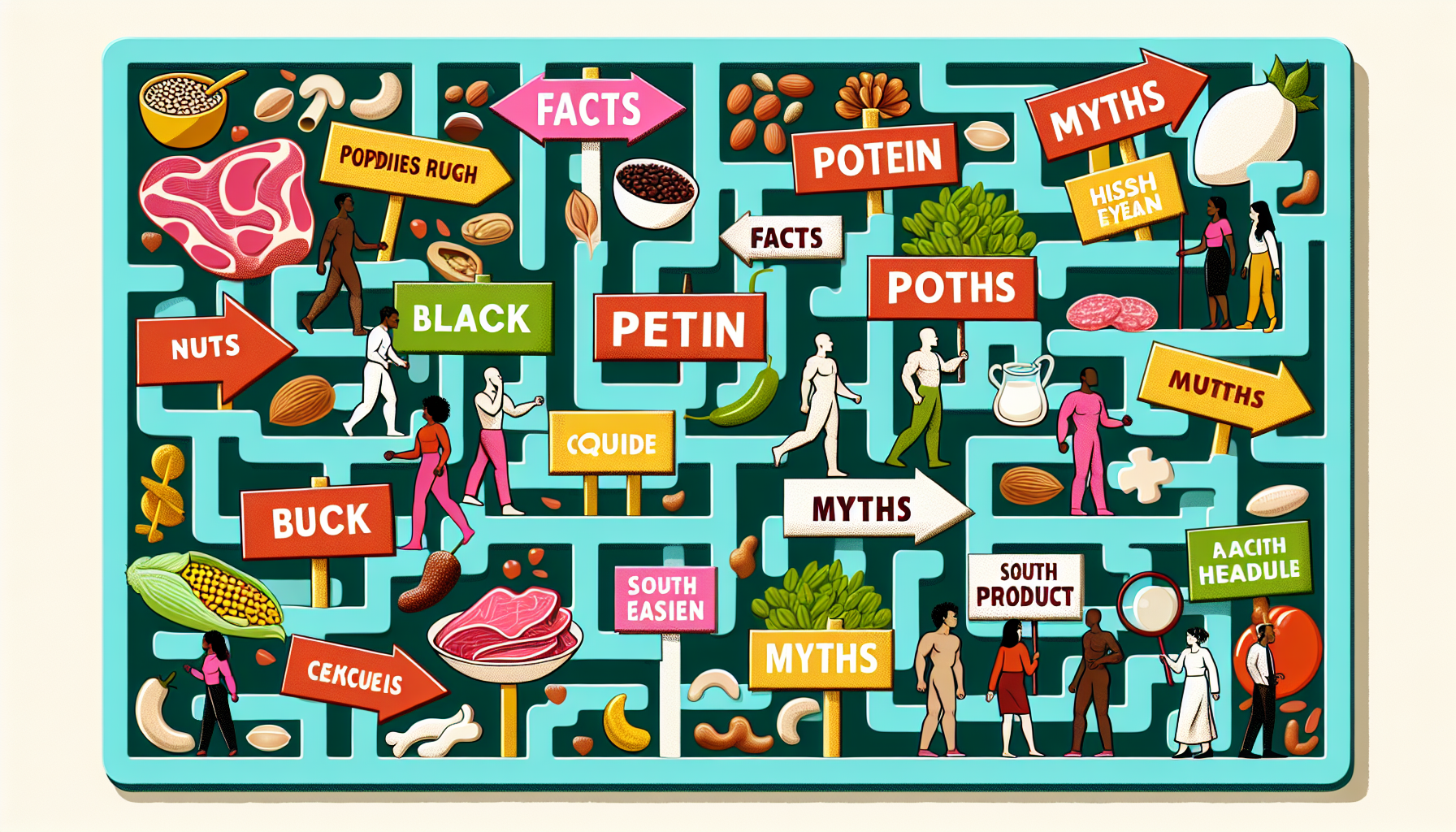The Protein Craze: Understanding the Hype and the Facts
Have you stepped into a grocery store lately and felt overwhelmed by the sheer number of protein-fortified products lining the shelves? From protein bars and cereals to baked goods and even sports drinks, it seems we're living in the age of protein obsession.
Social media influencers are riding this wave, urging their followers to amp up their protein intake. One viral post by Dr. Elie Jarrouge stated, "Ladies, you’re NOT eating enough protein," garnering attention from his nearly 80,000 followers. Dr. Gabrielle Lyon echoingly criticized government recommendations as vastly understated, leading many to wonder: Are these booming protein claims genuine or just another fad?
The Nutrition Science Behind Protein
To truly understand our need for protein, it’s essential to dive into the science. The New York Times recently reviewed several studies and spoke with twelve nutrition scientists—each emphasizing the need for more research but acknowledging certain truths about our protein consumption.
1. The Federal Recommendations
Are the current federal dietary guidelines for protein indeed inadequate? According to various nutrition experts, they provide a baseline necessary for the average person. Yet, some health advocates—like Dr. Peter Attia, who suggests consuming nearly three times the recommended amount—propose that more active individuals may require higher intake. Is that the case for you?
2. Rising Awareness
Recent surveys indicate a notable uptick in the public's interest in protein consumption. In a 2024 survey of 3,000 U.S. adults, 71% reported efforts to increase protein in their diets, up from 59% just two years prior. So, why this shift?
Whether it’s for building muscle, losing weight, or simply feeling fuller longer, individuals vary in their motivations. But the question remains – is the obsession justified?
3. Digging Deeper: Are We Malnourished?
It’s crucial to discern whether the fear of protein deficiency is founded. While many people do not meet their protein requirements, especially those leading sedentary lifestyles, there’s a fine line between sufficiency and excess.
Consider the average vegetarian or plant-based eater—often seen scouring supermarkets for protein-rich quinoa or lentils. While plant foods indeed supply protein, they sometimes fall short on essential amino acids compared to animal products, which might spark concern over proper nourishment.
Claims Under Scrutiny
So, what are the major claims generating buzz in our protein-packed world?
Claim 1: "Most People Are Protein Deficient"
While many nutrition scientists agree that protein insufficiency can occur, particularly in specific demographics (like the elderly), most healthy adults receive adequate protein through a balanced diet. However, individuals involved in intense physical training may need more than the average guidelines suggest.
Claim 2: "Protein is the Key to Weight Loss"
Another popular claim is that increasing protein intake significantly enhances weight loss. Indeed, studies have linked higher protein consumption to greater satiety and decreased cravings. However, it's essential to combine protein with a well-rounded diet for effective results.
The Bottom Line
As with many health trends, the key is moderation and balance. While there's no harm in being protein-conscious, it’s vital to ensure that our diets remain diverse and nourishing.
Next time you’re in the aisle stocked full of protein shakes and bars, remember: Quality and variety matter just as much as quantity. As always, consult with a healthcare professional or a registered dietitian to determine what's best for you.
With the protein craze continuing to flourish, let’s prioritize informed choices over fleeting trends. The quest for optimal health is a marathon, not a sprint!
